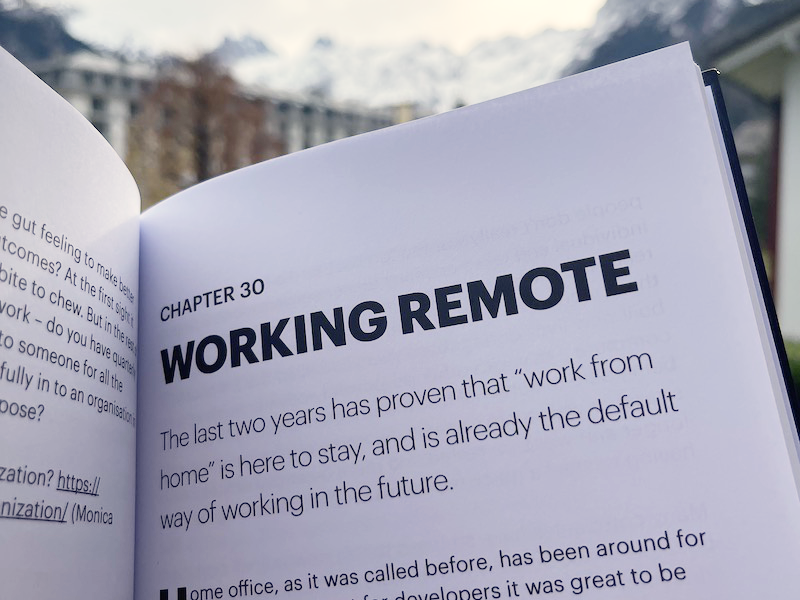
The last two years has proven that “work from home” is here to stay, and is already the default way of working in the future
Home office, as it was called before, has been around for a long time. At least for developers it was great to be able to stay home, feed the cat and get to develop undisturbed for a few hours a week.
It was always seen as a “perk” and was more excused as “the plumber is coming” or “I'll be getting a delivery” so one needed to stay home to open the door.
Some developers were already working as “coding nomads” and there were even companies offering only remote work, but it was kind of frowned upon from others.
Along came the Covid-19 pandemic with shut down offices and home office as a result. All of a sudden employees were supposed to solve their home working situation, with or without screaming kids or loud spouses, with little or zero help from the formerly purposeful HR-departments.
Most companies saw this as a way to survive the pandemic and employees did what they could to accommodate. Fast forward two years and we have a situation where most people don’t really want to "go back to the office”. It's very individual and takes up many dinner conversations.
Some really like the office and the small talk, the quick chats and the option to fast interact with peers. Some others have built new lives during these years and filled the 2-4 hours commute a day with other purposeful activities such as being able to eat breakfast with their children without stress, or walk them to day care.
Some others just slept longer and woke up rested and more balanced, instead of having to steal a quick nap between the train changes.
Read more in "The CTO Playbook" available on Amazon/Kindle.

 Switzerland.
Switzerland.